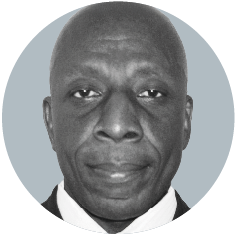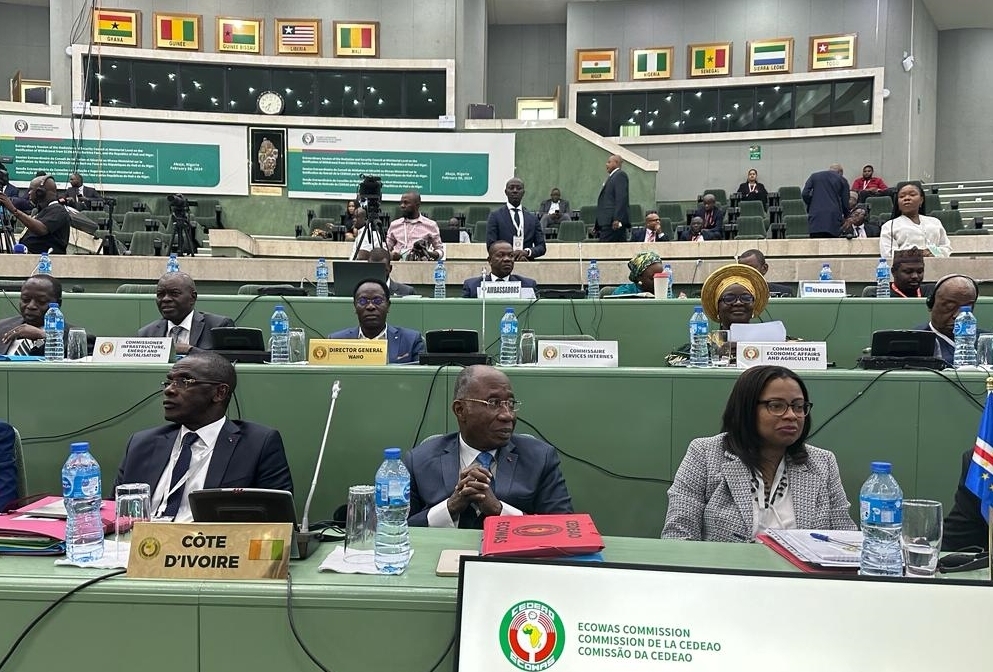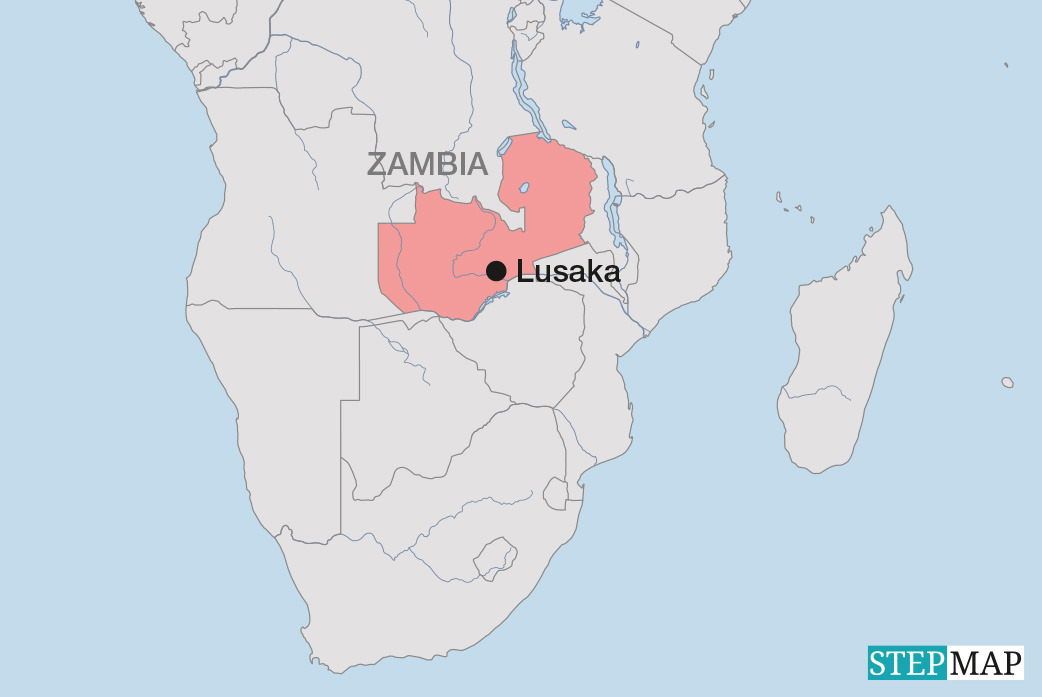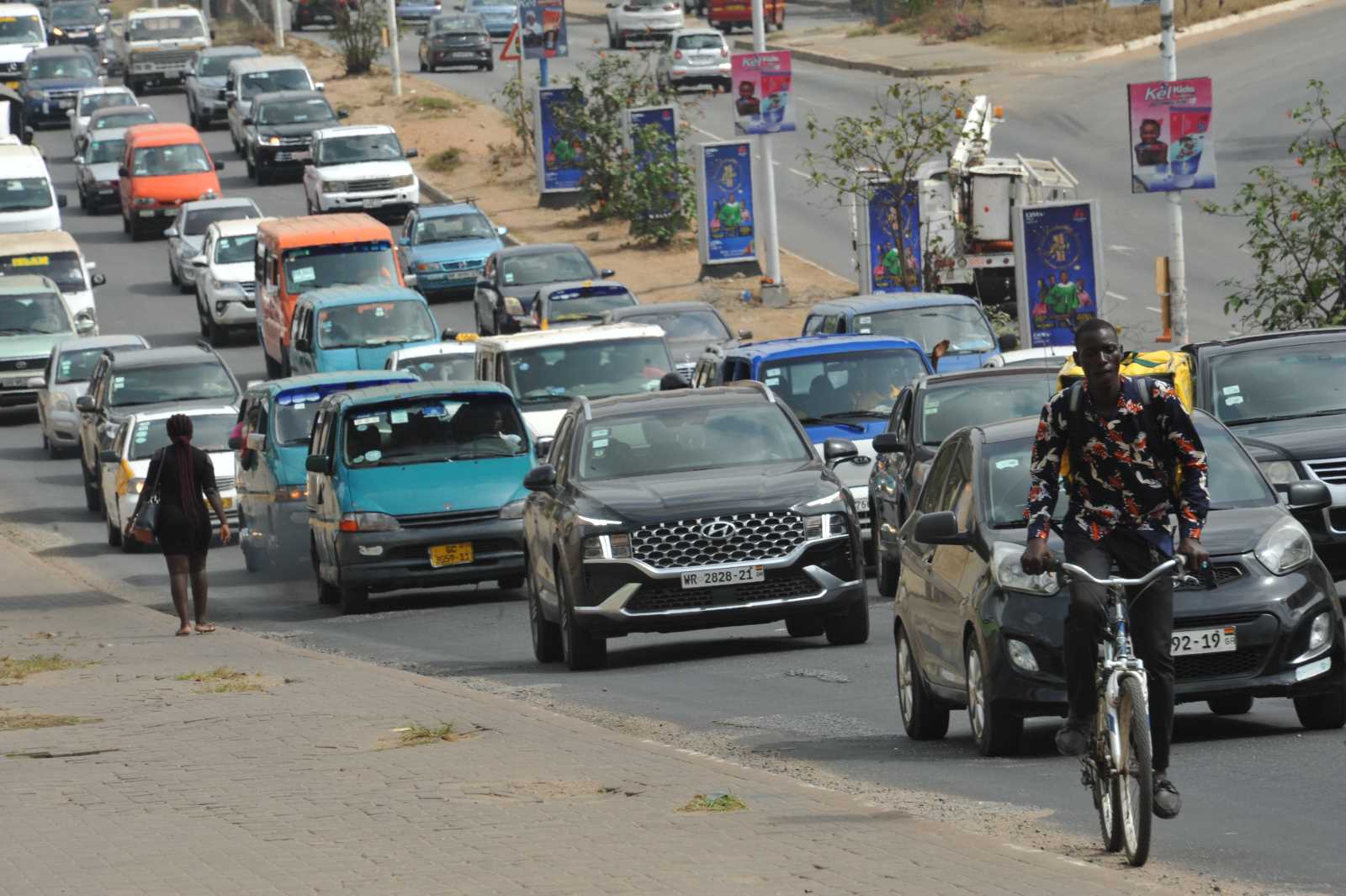Regional integration
What ECOWAS can learn from the EU integration process
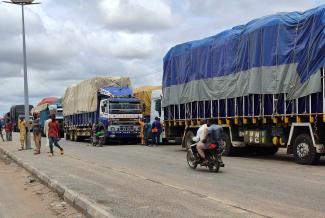
Countries join or create economic integration blocs mainly to boost trade among them and improve the welfare of their people. In 1962, Hungarian economist Béla Balassa published “The theory of economic integration”, a landmark book on the subject. Several international economic communities have followed a path of integration that mirrors the stages outlined by Balassa. They include the European Economic Community (EEC), which became the European Union (EU) in 1993, and African regional groups such as the Economic Community of West African States (ECOWAS).
In his book, Balassa defines integration as a five-stage process, with each stage representing a deeper level of economic cooperation. It starts with a Free Trade Area (FTA), where countries reduce tariffs for imports of area members, and culminates in complete economic integration, where member countries unify policies and set up a supranational authority.
How West Africa integrated
ECOWAS was established on 28 May 1975 in Lagos, Nigeria. It is one of eight African Regional Economic Communities recognised by the African Union (AU). Partially modelled after the EU, ECOWAS promotes the free movement of goods, capital, services and people among its member states.
Today, ECOWAS is in crisis and under pressure to reform. In January, Burkina Faso, Mali and Niger announced they would leave the organisation, citing dissatisfaction with how ECOWAS responded to the coups in their countries. They have formed their own bloc, the Alliance of Sahel States. The question asked by many observers is: can ECOWAS survive? Revisiting the European integration process may offer insights into its future.
Both ECOWAS and the EU seek to harmonise economic and trade policies within their regions, enhancing cooperation and stability. Moreover, they both have adopted supranational structures. However, key differences exist between them, rooted in their origins. The EEC started with only six members, while ECOWAS had 15. Moreover, the EEC emerged from a regional industrial initiative, the European Coal and Steel Community (ECSC).
The Schuman declaration
The idea of the ECSC was famously introduced by then French Foreign Minister Robert Schuman in a speech on 9 May 1950. Under the impression of World War II, the so-called Schuman declaration aimed to create economic interdependence among European countries to prevent future conflicts. By bringing the coal and steel industries of France, Germany, Italy, the Netherlands, Belgium and Luxembourg under joint management, no single country could produce weapons for war against the others. Schuman’s plan succeeded: There has been no war between any ECSC – and later EU – member states since they became members.
Moreover, after the ECSC had entered into force in 1952, industries dependent on coal and steel, such as manufacturing and construction, became more interconnected too. European governments and businesses began to see the benefits of broader cooperation, and integration gained momentum as it met increasing economic demands. Schuman’s strategy paved the way for further economic integration, including the EEC, which came into being in 1958, and eventually the EU in 1993.
Compared to ECOWAS, all of this is essential for at least three reasons. First, starting with just six members made the goal of integration much easier to achieve than trying to harmonise the interests of 15 different countries. Second, in the 1950s, European integration was driven by specific, measurable objectives. Indeed, the preamble to the ECSC Treaty states that “Europe can be built only by concrete actions which create a real solidarity”.
The third point is that the founding European countries had the will and the means to make the project work, contributing specific resources like coal and steel. In contrast, ECOWAS membership was based on geography, not commitment. The countries became members because they happened to be West African. There has never been a West African industrial initiative comparable to the ECSC.
Little trade within ECOWAS
Despite being rich in natural and human resources, ECOWAS member states have failed to develop and implement large-scale industrial projects to process local natural resources and produce durable goods. Trade levels between ECOWAS countries are very low. The value of intra-group trade barely covers 11.5 % of the bloc’s total exports, compared to 62.6 % in the EU. While ECOWAS Vision 2050, a strategy introduced in 2022, aims to create a fully integrated community of peoples, the region remains fragmented.
Until today, ECOWAS’s most notable achievement may have been the Protocol relating to the Free Movement of Persons, Residence and Establishment, adopted in May 1979. However, many implementation gaps remain. Non-tariff barriers such as customs procedures, roadblocks and administrative hurdles continue to impede free trade. Poor infrastructure seriously affects transport and logistics, while border closures between ECOWAS countries disrupt informal cross-border trade, vital for millions working along the Abidjan-Lagos corridor, for example.
What the EU integration process points to is that countries join regional blocs and decide to integrate further because the benefits outweigh the costs. Advantages include economies of scale, reduced trade barriers and greater political stability. ECOWAS should embrace these aspects to emerge stronger from its current crisis. Like the ECSC, it should agree on specific goals to drive forward regional industrialisation. This would foster economic and political integration. The automotive industry is a particularly promising sector for such collaboration.
Link
ECOWAS Vision 2050:
https://www.informea.org/en/content/legislation/ecowas-vision-2050-ecowas-peoples-peace-and-prosperity-all
Eric Tevoedjre is a political scientist from Benin. His research focuses on regional integration in Africa, especially the ECOWAS region.
erictev@gmail.com
